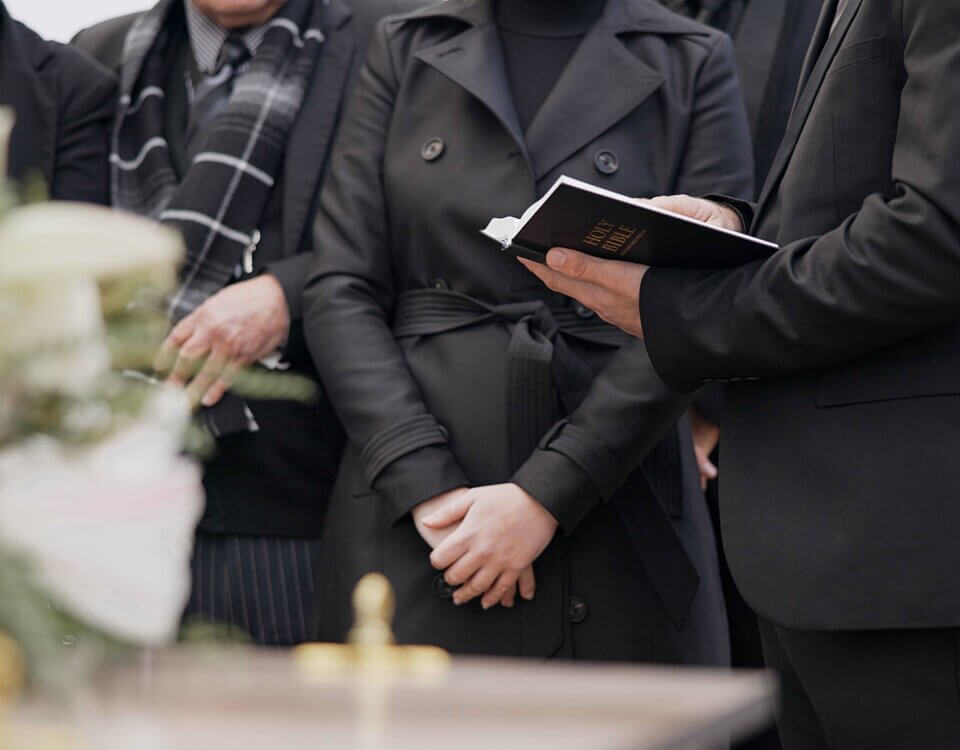Losing a loved one due to someone else’s negligence is devastating. Many survivors wonder whether pursuing a wrongful death claim is worth it and how likely they are to succeed. At Hillstone Law, we believe that your chance of success depends heavily on the quality of evidence, legal strategy, and timing.
Why Winning a Wrongful Death Suit Is Challenging
Wrongful death cases are complex because you must show not just that someone acted negligently, but that their negligence directly led to the fatality and the resultant harm to survivors. Success usually hinges on proving multiple legal elements and defense teams will often try to contest each one.
Key Factors That Influence Your Chances
Several critical factors can make or break a wrongful death claim:
- Strength of evidence: The more concrete and persuasive your evidence, the better your odds.
- Quality of medical and expert testimony: Experts who can explain how standards were violated and causation is critical.
- Ability to show duty and breach: You must establish that the defendant owed a duty to the deceased and breached that duty.
- Proving causation: It must be clear that the defendant’s actions (or failure to act) caused the death, rather than natural disease or unrelated conditions.
- Documenting damages: You’ll need clear records of funeral expenses, lost income, loss of companionship, pain and suffering, and other costs.
- Legal representation: An experienced wrongful death attorney can help you navigate procedural hurdles, negotiate with defendants, and present a compelling case.
- Statute of limitations and procedural rules: If you miss required deadlines or fail to comply with procedural requirements, your claim could be dismissed regardless of its merits.
How Evidence Shapes the Outcome
Evidence is the backbone of any wrongful death case. To build a winning claim, you must:
- Show a duty of care was owed (for instance, a doctor’s professional responsibility to a patient).
- Prove the defendant’s actions (or omissions) fell short of the expected standard of care.
- Demonstrate that the breach directly caused the fatal outcome (causation).
- Establish the full extent of damages through medical bills, wage-loss projections, funeral costs, and testimony about loss of support or companionship.
Expert witness testimony is often critical. Medical experts or accident reconstruction specialists can help a jury or judge understand how the defendant’s conduct deviated from accepted standards and led to the death.
Common Defenses You May Face
Defendants in wrongful death suits often rely on several defenses:
- No breach of duty: They may argue that their conduct met accepted standards.
- No causation: They might claim the death was due to the victim’s underlying condition or an unrelated event.
- Mitigation of damages: They may assert that the plaintiff failed to reduce or limit losses where possible.
- Comparative negligence: In some states, defendants argue the deceased or survivors share fault, reducing liability.
Compensation You Could Recover
If successful, a wrongful death judgment or settlement may include:
- Funeral and burial expenses
- Medical and hospitalization costs before the death
- Loss of the deceased’s expected income and benefits
- Loss of companionship, guidance, and emotional support
- Pain and suffering experienced by survivors
Because of the severity of loss, wrongful death awards often reach into substantial sums.
Should You Pursue a Wrongful Death Claim?
If your case involves clear negligence, solid medical evidence, and significant losses, pursuing a wrongful death claim can be worthwhile. At Hillstone Law, we review your circumstances carefully, advise you on your chances, and craft a legal strategy to maximize recovery while honoring your loved one’s memory.
Note: These blog posts are created solely for the use of Hillstone Law. The information is gathered from internet research, publicly available sources, and artificial intelligence (AI) tools such as ChatGPT. While we aim to share helpful and educational content, Hillstone Law does not independently verify every detail. Some information may be incomplete, outdated, or subject to change without notice. If you believe any part of a post is inaccurate, misleading, or infringes upon copyright, please contact Hillstone Law immediately so we can review it and take appropriate action, including correction or removal.
Disclaimer: The material provided in these blogs is for general informational purposes only and should not be considered legal advice. Reading these posts does not create, and is not intended to create, an attorney-client relationship with Hillstone Law. Our intent is to share knowledge, raise awareness, and provide helpful resources to the public; however, Hillstone Law makes no warranties or guarantees about the accuracy, completeness, or reliability of the information provided, and expressly disclaims liability for any actions taken in reliance on it. The photos used in these posts are for illustrative purposes only and do not depict actual clients, individuals, or incidents unless expressly stated. If you or a loved one has been injured in an accident, please contact Hillstone Law at (855) 691-1691. Our attorneys are available to answer your legal questions and help you understand your rights.







